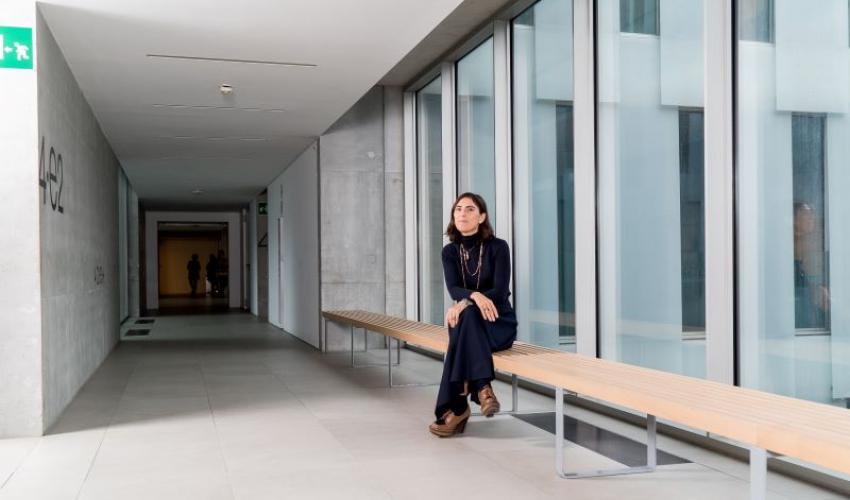
Smart working? Would Flexible be better
IT'S ONE OF THE MOST DISRUPTIVE INNOVATIONS IN WORK ORGANIZATION, EXPLAINS ROSSELLA CAPPETTA. BUT IT NEEDS TO BE MANAGED AND, MOST IMPORTANTLY, EVALUATION SYSTEMS NEED TO BE CHANGEDby Camillo Papini
Smart working is one of the most disruptive transformations of the last twenty years in the organization of work. It can open up to great opportunities, if you can deal with the challenge of organizational redesign that it entails: Smart working has proven to be an alternative to traditional office work, connected to fixed places and set times", summarizes Rossella Cappetta, Associate Professor of Labor Organization, which finds the adoption by Italian of the English-language term “smart working” curious (remote work is mostly used in the US instead), since it implicitly conveys the aspiration for something socially desirable.
Is this not good? "Remote work can lead to better jobs, if it is designed as quality work, by paying attention to the results it produces, to the variety and degree of discretion of the activities involved, but also to its connection with other people’s work”, explains the Associate Professor. “We have yet to tackle this redesign challenge. It can be a better job if it generates social value for both the person and the community and, at the same time, creates economic value for the company ". Ultimately, remote work “needs to be handled differently. For example, taking into account that those who work from home have less visibility with respect to colleagues and bosses, and have fewer opportunities for on-the-job training”, concludes Cappetta. “It is therefore necessary to envisage, among others, new evaluation systems and career paths. In the same way, traditional monitoring systems will have to change".
